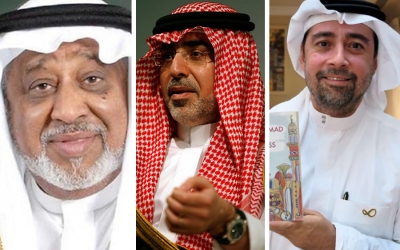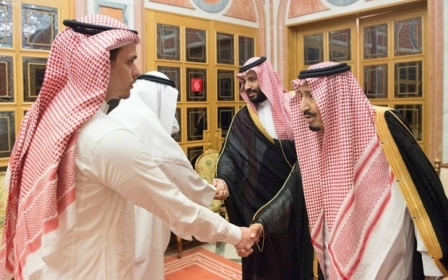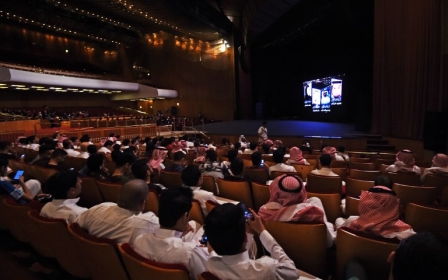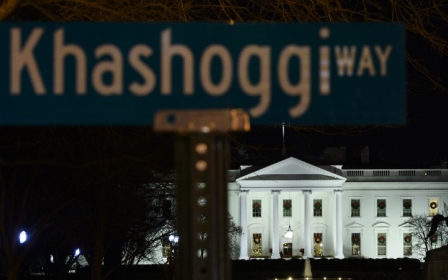AMC Theatres pursues Saudi expansion despite Khashoggi's murder
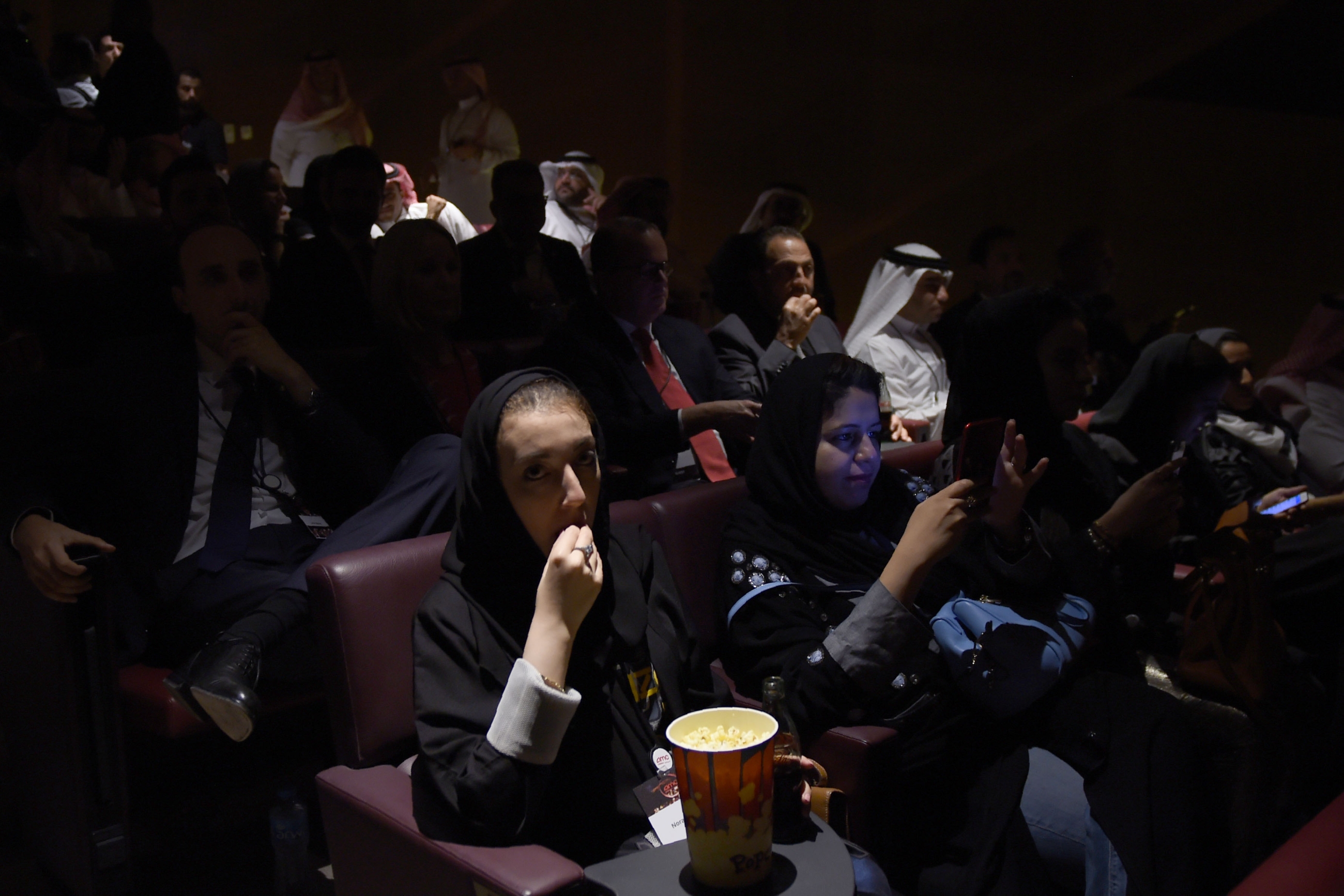
American movie theatre giant AMC Entertainment Holdings is forging ahead with its expansion in Saudi Arabia, its chief executive Adam Aron told Reuters, six months after Saudi journalist Jamal Khashoggi's killing clouded the future of the kingdom's newly opened cinema market.
Movies have always been a sword for freedom
- John Fithian, National Association of Theatre Owners
Aron said his company reconsidered its plans to open dozens of cinemas, which the company announced last spring, following the October murder of the Washington Post and Middle East Eye columnist at the Saudi consulate in Istanbul, which sparked an international outcry.
The CIA and some Western countries suspect that Saudi Arabian Crown Prince Mohammed bin Salman ordered the killing. Saudi authorities vehemently deny his involvement.
"It certainly made us think in great depth," Aron said in an interview this week in Las Vegas at CinemaCon, an annual convention for cinema owners.
"What we concluded at AMC is that if we continued with the opening of theatres in the Middle East, that we were doing something very good for the people of the country," he said. "And we decided that what was in the best interest of the people was the right course of action for us."
New MEE newsletter: Jerusalem Dispatch
Sign up to get the latest insights and analysis on Israel-Palestine, alongside Turkey Unpacked and other MEE newsletters
AMC, the biggest cinema chain in the the world, owns the Odeon and UCI Cinemas brands. The company has, since 2012, been majority-owned by China's Dalian Wanda Group. AMC is working on the Saudi cinemas through a partnership with Saudi Arabian sovereign wealth fund, the Public Investment Fund (PIF).
John Fithian, president of the National Association of Theatre Owners, said on Tuesday that at least three cinema chains were moving forward with plans to add screens in Saudi Arabia. He declined to name the companies.
Fithian told reporters the killing of Khashoggi was "a tragic, awful human rights violation", but added: "I don't think it's our business to make foreign policy as a trade association."
"The idea of having the freedom to see movies in a country... can only help to open up thinking in that country," he said. "Movies have always been a sword for freedom."
The Saudi government communications office did not immediately respond to a request to comment.
A year ago, Saudi Arabia lifted a nearly four-decade ban on cinemas. AMC screened the first film, superhero hit Black Panther, at a cinema in Riyadh, and other companies announced plans to operate theatres in the country.
But shortly after Khashoggi's killing, cinema chain Vue International put on hold plans to open as many as 30 locations in Saudi Arabia, the company's CEO Tim Richards told The Guardian at the time.
Hollywood talent agency and media company Endeavor also returned a $400m investment to the Saudi Arabian government to protest the killing.
Aron, the AMC CEO, said his company had a "significant number" of cinemas under lease in Saudi Arabia. Many will open in 2019. He also expects to have "50 theatres open four to five years from now".
The AMC cinema in Riyadh has shown dozens of films over the past year, he added.
"The theatre has been immensely popular," he said, "as you would expect in a city of seven million people that now has two movies theatres, in a country that likes movies and saw movies frequently, just not in theatres."
Middle East Eye delivers independent and unrivalled coverage and analysis of the Middle East, North Africa and beyond. To learn more about republishing this content and the associated fees, please fill out this form. More about MEE can be found here.


